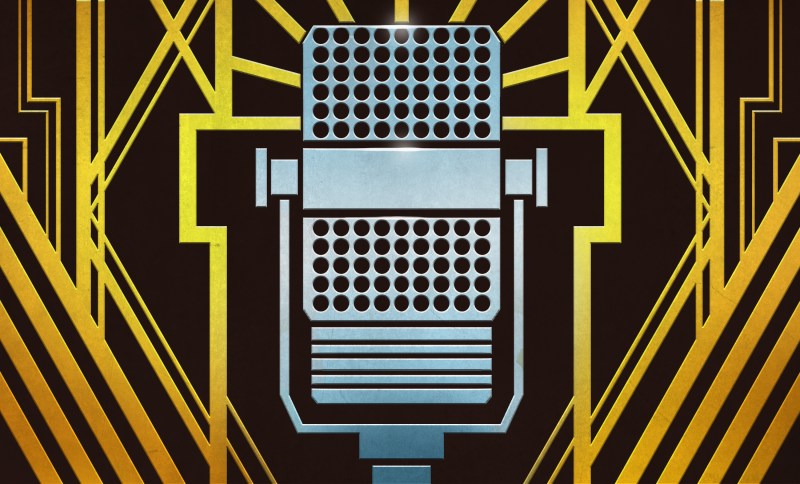This week, Editor-in-Chief Elliot Williams and Managing Editor Tom Nardi start off by talking about the chip shortage…but not how you think. With a list that supposedly breaks down all of the electronic components that the Russian military are desperate to get their hands on, we can see hackers aren’t the only ones scrounging for parts. If you thought getting components was tricky already, imagine if most of the world decided to put sanctions on you.
We’ll also talk about kid-friendly DIY stereoscopic displays, the return of the rotary cellphone, and using heat to seal up 3D printed parts for vacuum applications. Join us as we marvel over the use of rubbery swag wristbands as tank treads, and ponder an array of AI-created nightmares that are supposed to represent the Hackaday writing crew. Finally we’ll talk about two iconic legacies: that of the 3.5 inch floppy disk, and astrophysicist Frank Drake.
Check out the links below if you want to follow along, and as always, tell us what you think about this episode in the comments!
Direct download, and burn it to your own CD!
Episode 185 Show Notes:
News:
What’s that Sound?
- Think you know this week’s sound? Fill out the form for a chance to win a Hackaday Podcast T-Shirt!
Interesting Hacks of the Week:
- The Open Source Rotary Cell Phone, Two Years Later
- Equalize Your Listening With HiFiScan
- With A Little Heat, Printed Parts Handle Vacuum Duty
- A Crowned Pulley Keeps Robot’s Treads On Track
- AI Midjourney Imagines “Stairway To Heaven”
Quick Hacks:
- Elliot’s Picks:
- Tom’s Picks:
















Thanks for the mention! 👀 And what’s that sound!?
Not telling! For a week.
Gmail actually encrypts emails, at least as long as they travel within Google’s system. And I think they can encrypt to other major email providers. They can read it because they have the key, of course.